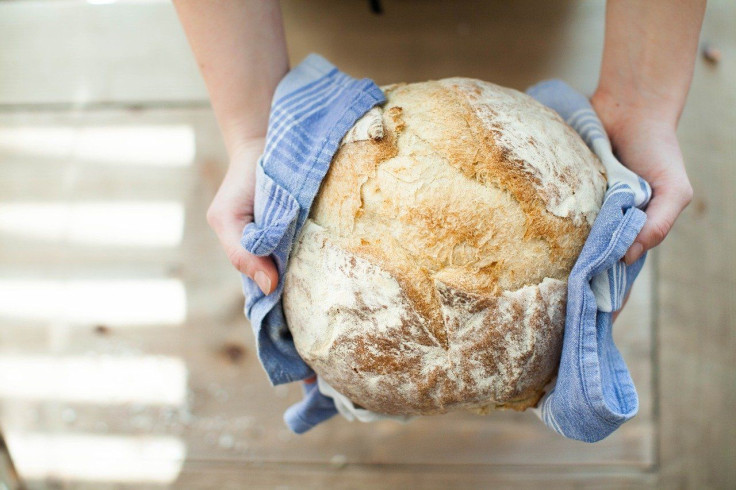Real Bread Week: 6 Ways To Celebrate Bread That Have 'Nothing To Hide'
Real Bread Week celebrates bread that has "nothing to hide." Bread lovers all over the world can celebrate by trying their hand at baking real bread and supporting the ones who make them.
Real Bread Week has been observed on the last week of February each year since 2010. This year, the observance is from Feb. 19 to 27.
Although people may have their own personal ideas of what makes bread "real," in general, real bread is said to have "nothing to hide," no matter what type of bread it is. It is simple, made from natural ingredients, and has no additives or processing aids.
"Amongst the additives not used in Real Bread making are: Baking powder and other chemical leavening; ascorbic acid; xanthan gum; added enzymes or any other so-called 'processing aids' - that exclusion applies to any additives in the flour or mix you use," the Real Bread Campaign, which launched Real Bread Week, noted.
However, the observance isn't just for bread lovers across the world to enjoy a bite of real bread as the Real Bread Campaign is a part of the larger organization, Sustain, that "champions" better practices in the food and agriculture business.
As such, Real Bread Week celebrates both real bread and the people who make them. Here are some of the ways that people can take part in Real Bread Week:
- Try making your own real bread. You can use natural ingredients such as baker's yeast, nuts, malt extract, oils and even dried fruits as long as they also don't contain additives.
- Buy real bread from local bakeries. According to Sustain, small and independent local bakeries support jobs In the community and keep the money circulating in the local economy.
- Attend a baking class or hold one. Those who haven't tried their hand at baking bread yet may want to take a class to learn the craft, while those who are quite good at it may hold a class of their own, even if it's just for family members to pass on a beloved family recipe.
- Research about real bread. Find out what really sets these real slices of bread apart from the rest.
- Spread the word. If you tried your hand at making real bread or purchased from a local bakery, spread the word on social media, perhaps by sharing a photo of your creation or purchase.
- Donate. By supporting the campaign, one can help support independent bakeries in local communities, share the benefits of real bread and campaign for honest labeling and marketing of loaves. Even non-bakers are welcome to join the campaign.

© Copyright IBTimes 2025. All rights reserved.






















